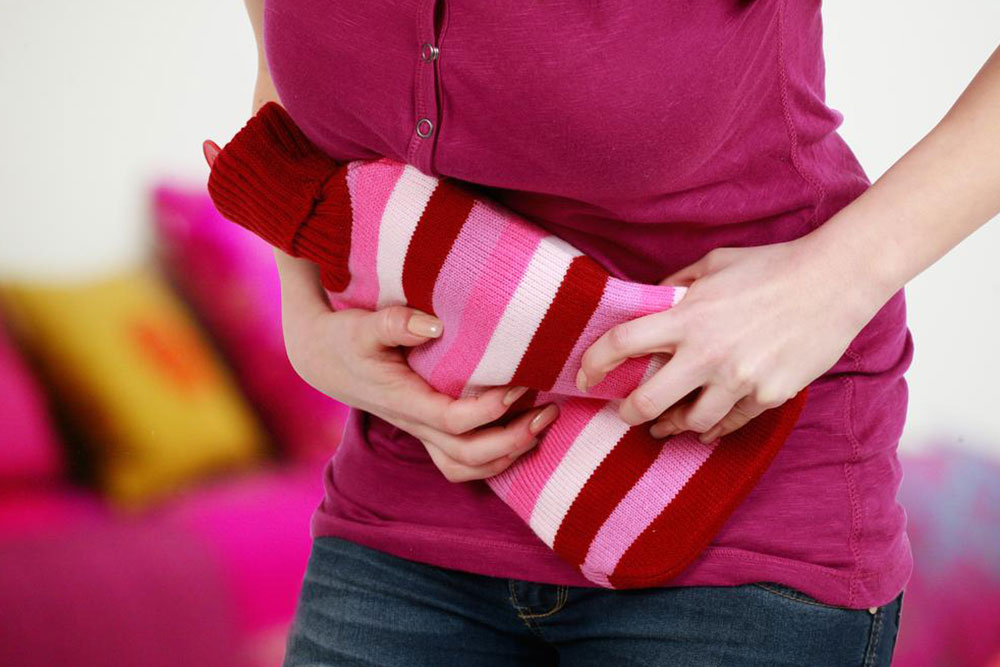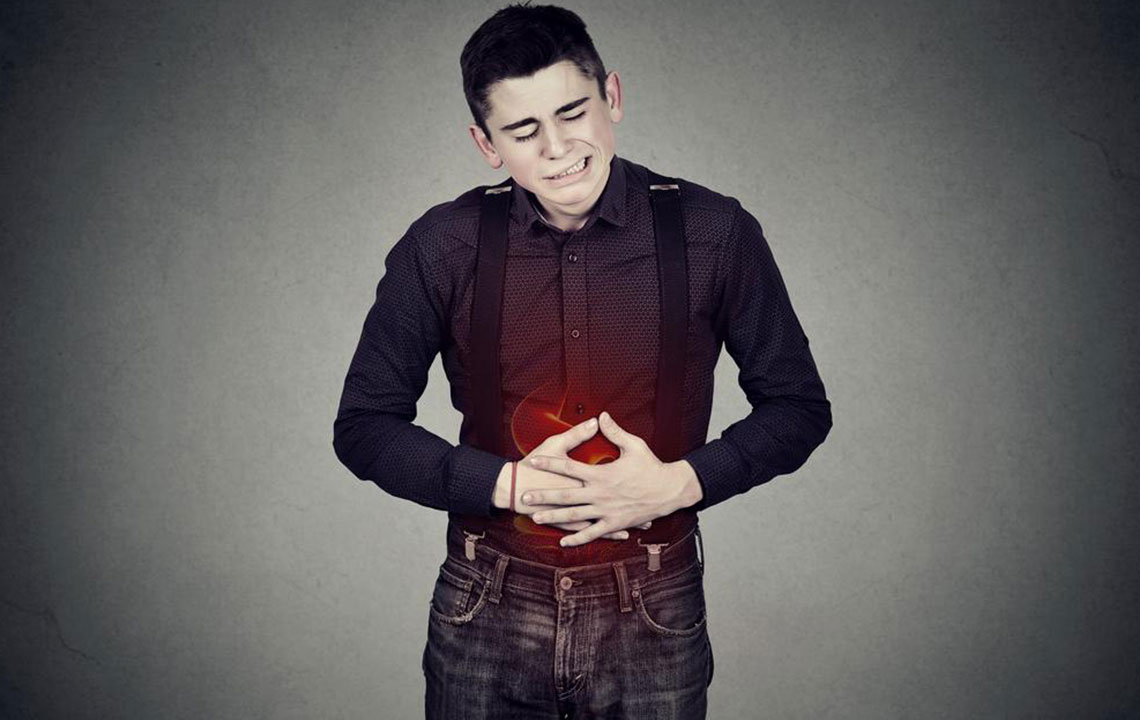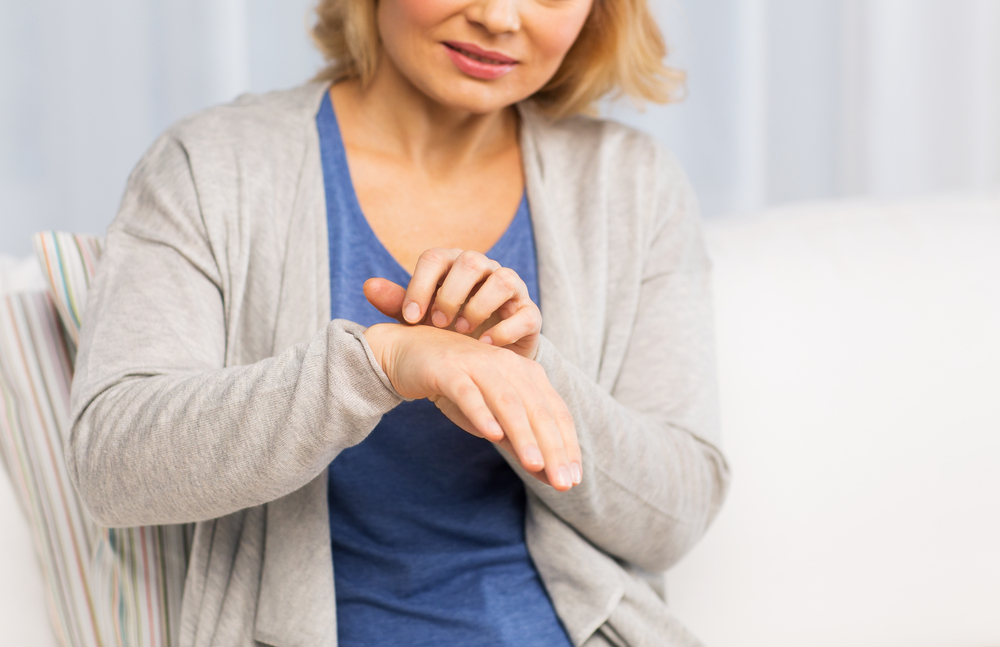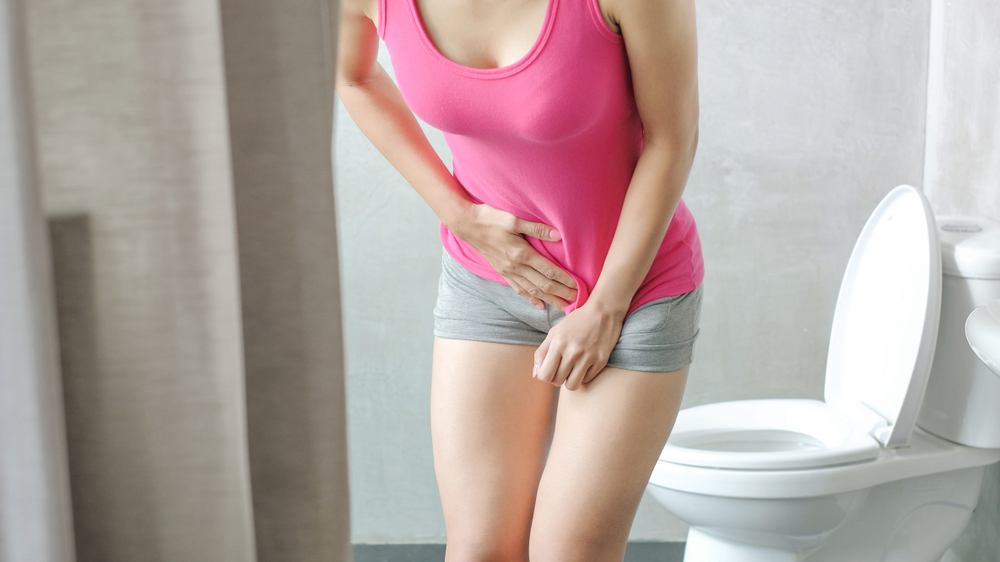Top Strategies for Recovering from Urinary Tract Infections
Discover effective methods to manage and treat urinary tract infections, including medical options and home remedies. Learn symptoms to watch for, causes, and lifestyle tips for faster recovery. Consult a healthcare provider for proper diagnosis and personalized treatment planning to ensure complete healing and prevent complications.
Sponsored

Experiencing a urinary tract infection (UTI)? There's no need to panic. UTIs are common and can often be treated effectively. Often, simple lifestyle changes and home remedies aid recovery, but consulting a healthcare professional ensures proper diagnosis and treatment. UTIs result from bacterial infections impacting the urinary system, including the urethra, bladder, kidneys, and ureters, causing discomfort and other symptoms.
The main culprit in most cases is Escherichia coli bacteria. Thankfully, UTIs are not contagious.
Common causes include:
Bacteria entering the urinary tract during sexual activity
Using unhygienic bathrooms
Kidney stones blocking urinary pathways
Weakened immunity in diabetics
Medical treatments like catheters or chemotherapy
Holding urine for extended periods, spinal injuries, structural abnormalities, or neurological conditions like Parkinson’s can increase risk. Accurate diagnosis is key. Women are more prone due to their shorter urethra located closer to the rectum.
Symptoms of UTI include:
Pain or a burning sensation during urination
Sudden urges to urinate
Frequent urination
Incomplete bladder emptying
Foul-smelling urine
Pelvic pain or pressure
Discolored or cloudy urine
Pain during sex
Fever, chills, or fatigue
The primary treatment involves antibiotics, with duration based on infection severity. Completing the full course is essential, even if symptoms improve. In addition to medical treatment, certain home remedies may help alleviate symptoms.
Hydration: Drinking plenty of water helps flush bacteria out of your system. Consult a doctor if you have kidney issues.
Warm compress: Applying heat temporarily eases pain but does not cure the infection. Use carefully to avoid burns.
Diet adjustment: Avoid spicy, caffeinated, fizzy, or alcoholic foods. Emphasize nutrient-rich, high-fiber foods to support recovery.
Frequent urination: Urinate whenever the urge arises to help expel bacteria, supported by increased fluid intake.
Clothing: Wear loose, clean clothing and keep the genital area dry to prevent bacterial growth.
While home remedies can provide relief, seeking medical guidance remains crucial for effective treatment. A healthcare professional can tailor treatment considering your medical history and specific needs.






